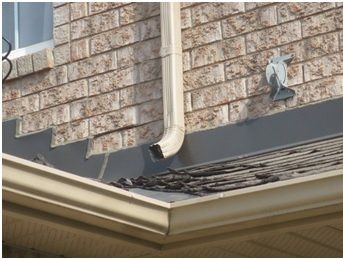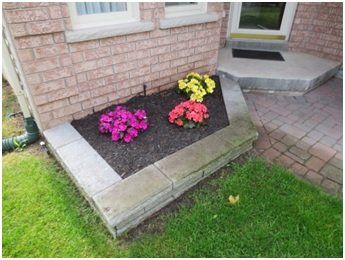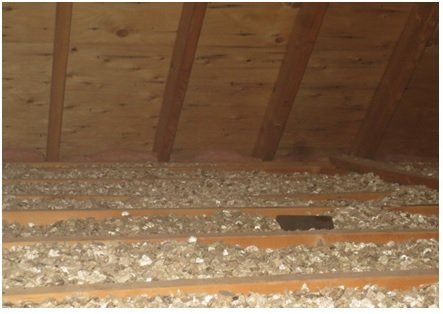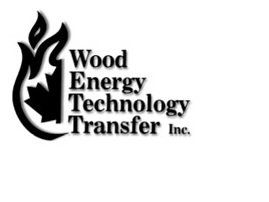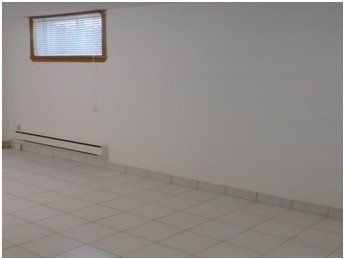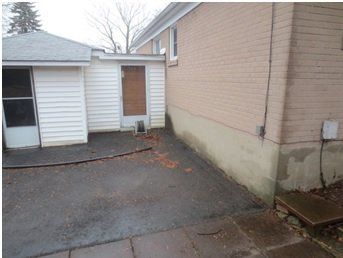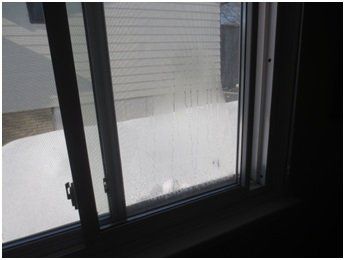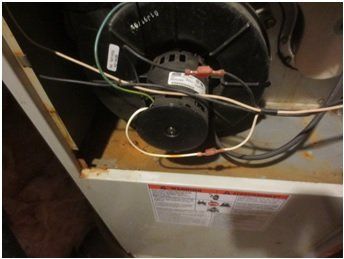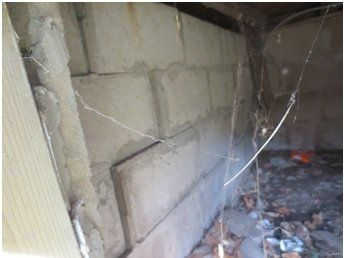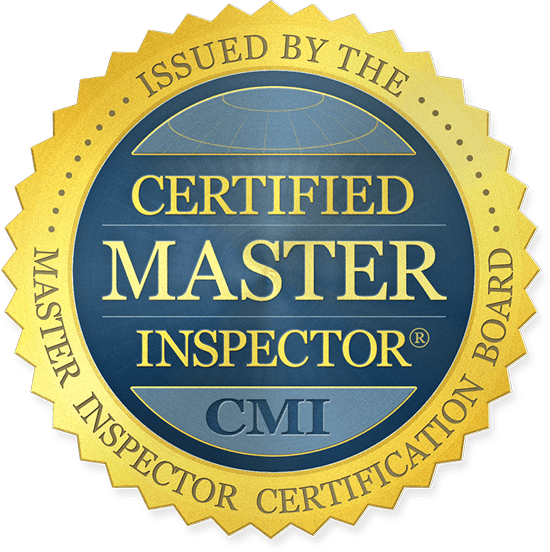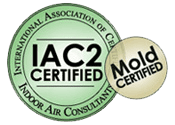Something that many homeowners overlook is
proper eavestrough maintenance. During most home inspections it isn’t uncommon
to find all sorts of debris present in eavestroughs that prevent them from
doing their job, which is to properly control water runoff from the roof.
Typical things found in eavestroughs
include roofing nails, granular material from shingles, leaves, twigs and pine
needles even things like baseballs, tennis and golf balls and even kids toys.
Proper water drainage off the roof is actually quite critical in preventing erosion
around the foundation and other important things like basement leakage.
During your home inspection, your inspector
will check for obvious obstructions in the eavestroughs as well as correct
slope and downspout arrangement. Obviously you want to ensure that the water
coming off the roof is drained properly so ensuring eavestroughs are clean on
an annual basis is a prudent thing to do. Some homes in close proximity to
trees may require more frequent cleaning, gutter guards may also help alleviate
the frequent need to clean.
Incorrect eavestrough slope can lead to
improper drainage which can damage exterior finishes if left uncorrected for
long periods of time. Sometimes the eavestrough may have been poorly installed,
or perhaps over a long period of time the slope may have changed due to gutter
damage from something like ice damming.
If your home inspector mentions anything in
regards to poor gutter slope or drainage, or gutters that require cleaning,
it’s best to try and correct the problem in a reasonable time frame to avoid
having potential issues down the road.
Above Grade Home Inspections Inc. has been
performing professional home inspections since 2006 in Barrie, Alliston,
Orillia, Collingwood, Innisfil, Midland and Penetang.
